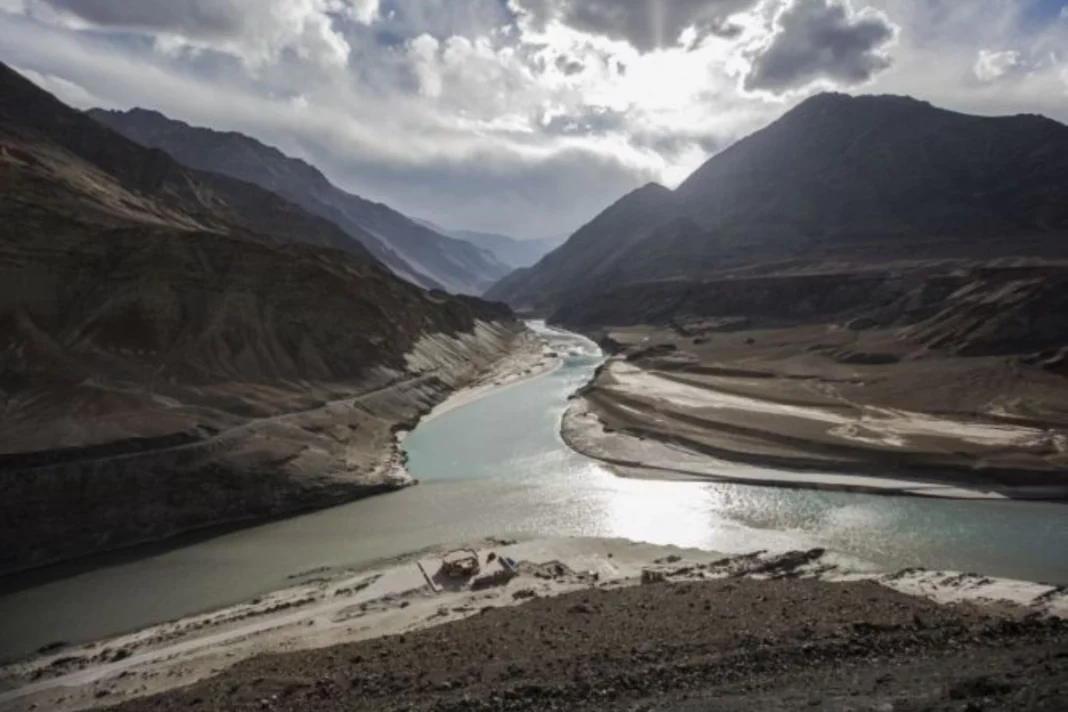Indus Waters Treaty: India has issued a notice to Pakistan for modification of the Indus Water Treaty (IWT) of September 1960. The notice was issued on January 25 through the respective Commissioners for Indus Waters as per Article XII (3) of IWT.
Sources said on Friday, “India has always been a steadfast supporter and a responsible partner in implementing IWT in letter and spirit. However, Pakistan’s actions have adversely impinged on the provisions of IWT and their implementation, and forced India to issue an appropriate notice for modification of IWT.”
Pak intransigent on implementation
The notice to Pakistan was issued following Pakistani “intransigence” on its implementation, sources said. They further said that despite India’s best efforts, Pakistan has refused to discuss and resolve the issue of Kishenganga and Ratle Hydro Electric Projects for the last five years.
In 2015, Pakistan requested for appointment of a neutral expert to examine its technical objections to India’s Kishenganga and Ratle Hydro Electric Projects (HEPs). However, it unilaterally retracted this request in 2016 and proposed that a Court of Arbitration adjudicate on its objections.
Sources said this unilateral action by Pakistan is in contravention of the graded mechanism of dispute settlement envisaged by Article IX of IWT. Accordingly, India made a separate request for the matter to be referred to a neutral expert.
“India has always been a steadfast supporter and a responsible partner in implementing IWT in letter and spirit. However, Pakistan’s actions have adversely impinged on the provisions of IWT and their implementation, and forced India to issue an appropriate notice for modification of IWT,” sources said.
Legally untenable situation
“The initiation of two simultaneous processes on the same questions and the potential of their inconsistent or contradictory outcomes creates an unprecedented and legally untenable situation, which risks endangering IWT itself. The World Bank acknowledged this itself in 2016, and took a decision to “pause” the initiation of two parallel processes and request India and Pakistan to seek an amicable way out,” sources said.
However, Pak ignored India’s efforts to discuss the issue during the five meetings of the Permanent Indus Commission from 2017 to 2022. At Pakistan’s continuing insistence, the World Bank has recently initiated actions on both the neutral expert and Court of Arbitration processes, they said.
India and Pakistan signed the treaty in 1960 after nine years of negotiations, with the World Bank being a signatory of the pact.
The treaty has defined a mechanism for cooperation and information exchange between the two countries regarding the use of waters of several rivers. It gives control over the waters of the three “eastern rivers” — the Beas, Ravi, and Sutlej — to India, while control over the waters of the three “western rivers” — the Indus, Chenab, and Jhelum – goes to Pakistan. India has about 20% of the total water carried by the Indus system, while Pakistan has 80%.
According to the treaty, India can use the western river waters for limited irrigation use and unlimited non-consumptive use for such applications as power generation, navigation, floating of property, fish culture, etc.
Also Read: Republic Day 2023: Shah Rukh Khan wishes fans in Pathaan style amid Blockbuster collections
Keep watching our YouTube Channel ‘DNP INDIA’. Also, please subscribe and follow us on FACEBOOK, INSTAGRAM, and TWITTER


